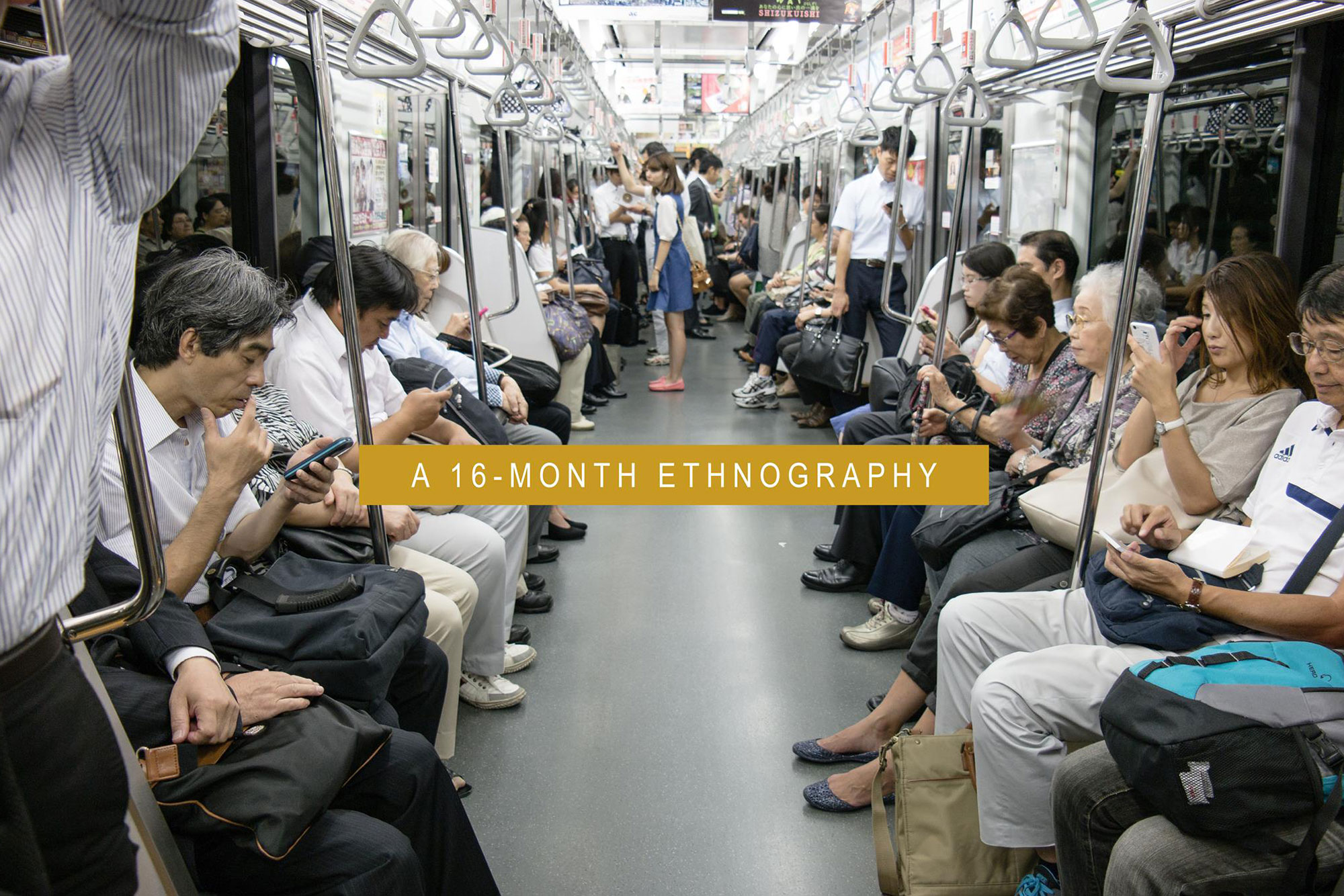The future of the workplace: through an ethnographer’s eyes
What will the workplace of the future look like? Will it even exist as a physical space? Ever since networked computers first became widespread the idea of the virtual organisation has been touted, yet most of us still work in conventional workplaces. Recent technological advances have given a second wind to the idea with some even questioning whether organisations will exist in their current form or whether workers will be free agents coming together to complete specific tasks as and when needed.
Discover the answer (video) through the eyes of Jacki O’Neill, a Xerox ethnographer who spends her time studying people in workplaces.
This video was one of the 4 Emerging Trends presentations given at the XRCE 20th anniversary Oct 4th 2013.




This article begs an answer to the question, “And what do ethnographers do for a living?” Of course, I know, they’re anthropologists usually service commerce. But what then provides them the license to speak to the issue of workplaces, past, present, or future anymore than those of us who, unlike ethnographers, work in them?
Forgive me, ethnographer friends, for my skepticism. It’s just that I see so little change as a result of ethnographic interventions, I wonder why this is news any more. Present company I hope excepted, but to tell the truth, even though I’m about to commission ethnographic research as a prelude to substantial service-design activity, I know my motivation is more to deflect criticism than to answer key questions.
Ethnography, regardless of its intrinsic power, is (it seems to me) more often slung as a shield against attacks from critics who are kept at bay by fear of looking stupid. Thank goodness they don’t get hipped to the situation or as with antibiotics, ethnography might lose its potency as good juju.